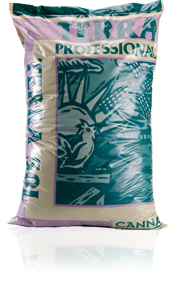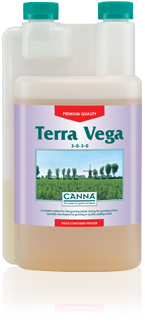In partnership with CANNA, Rolling Stone takes a look at the physical and mental benefits of gardening
Country rock bands aren’t often where we turn for penetrating insight, except when it comes to broken hearts and whittling spoons. But when Lukas Nelson and the Promise of the Real instructed people to “turn off the news and build a garden”, they might have been onto something.
It turns out gardens aren’t just good for bees and your local aphid colony, they’re also beneficial for humans. In fact, there’s a lot of science out there that says plants – even that shriveled succulent on your windowsill, a constant reminder that you are, in fact, less nurturing than a desert – are good for your mental and physical wellbeing.
This is great news, especially for those of us with a chronic indoor plant addiction, who basically live in two-bedroom tropical greenhouses.
So how can plants help us feel and live better? Well, there are a few key benefits.
The first, and maybe the most obvious, is oxygen. Apologies for the incoming Year 10 Science flashback, but plants basically inhale carbon dioxide through their leaves, synthesize it (along with water and sunlight and a bunch of other nutrients) and exhale sweet, sweet O2. Humans kind of need oxygen, and not just for, you know, breathing. A highly oxygenated environment has all sorts of flow-on effects: it can increase your energy levels, improve your mood, promote better sleep and reduce stress.
Scented plants like lavender and jasmine are even better. When you plug a human into an EEG machine and gently waft botanical fragrances in their direction, their central nervous system lights up like Christmas. Aromatherapy might not be a miracle cure-all, but the science does suggest that “olfactory stimulation” (AKA plants that smell good) can literally modulate brainwave activity, affecting mood, sleep and behaviour. If you’ve ever tried a few drops of lavender oil on your pillow before bedtime, you know what we’re talking about.
And it’s not just plants themselves that are good for you. The act of tending to plants, AKA gardening, has been shown to have all sorts of psychological benefits.
Love Music?
Get your daily dose of everything happening in Australian/New Zealand music and globally.
As humans, we’re hard-wired to grow stuff; to muck about in the dirt, to mulch and fertilize and watch things sprout – and then get oddly emotional about it. One 2010 experiment gave participants a stressful task to complete, then assigned half the group 30 minutes of outdoor gardening, and the other half 30 minutes of indoor reading. By measuring cortisol levels throughout the experiment, researchers found that both reading and gardening reduced stress, but gardening was “significantly” more effective. Another study discovered that 20-somethings could dramatically lower their blood pressure with a short indoor gardening session.
And that’s just a couple of mental health metrics. The early evidence suggests that Horticulture Therapy, as it’s been known for centuries, might have all sorts of surprising advantages. Several preliminary studies show gardening can reduce pain, improve your attention span, lower anxiety and even reduce falls in elderly people. We’re still figuring out the full extent of these benefits, and it’s unlikely that pruning your viburnum hedge will turn you into an immortal super being, but the signs are definitely encouraging. Some clinics in the UK are even “prescribing” plants to patients with depression and anxiety.
But beyond oxygen, and beyond mucking about in dirt, science suggests that human beings literally function better when surrounded by beautiful living things. It’s just how we’re programmed.
Looking at screens, drab colours and synthetic plastic makes us feel like crap. Looking at green stuff makes us feel good. Office workers are more productive and less stressed with indoor plants on their desk. Sick patients in hospitals tend to recover faster. Even a glimpse of nature outside your window has been shown to improve general wellbeing. This is especially handy for serial plant killers, who can potentially reap the psychological benefits of plants without having to actually, you know, touch them. Monsteras everywhere will breathe an oxygenated sigh of relief.
Lukas Nelson and the Promise of the Real understood all this on an emotional register that can only be reached by American country rock. “Turn off the news and build a garden”, they crooned in 2019, “Just my neighbourhood and me. We might feel a bit less hardened. We might feel a bit more free.”
If you’d like to get the most out of your plants, and start enjoying their mood-enhancing abilities, CANNA have a great range of products and handy gardening articles. Visit canna.com.au to learn more.





































